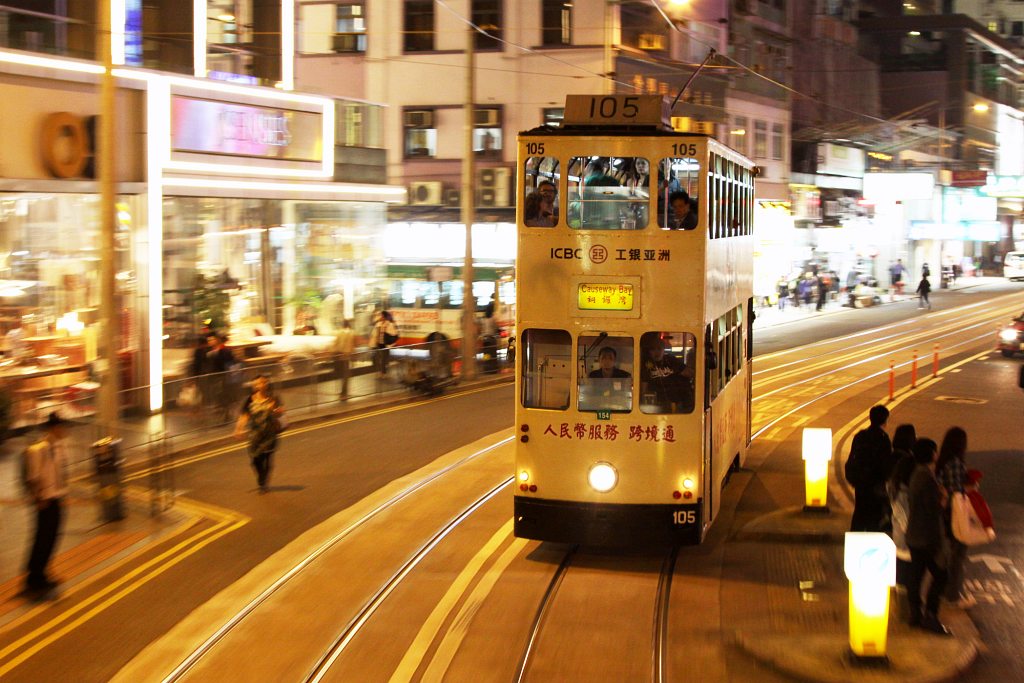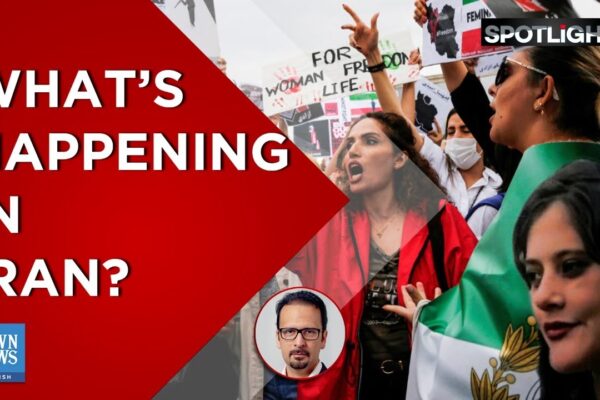
Introduction
Hong Kong, a vibrant city known for its unique blend of Eastern and Western cultures, has been in the global spotlight in recent years due to significant political, social, and economic changes. The city’s strategic position as an international financial hub and its recent turmoil underline the importance of staying informed about ongoing events. This article aims to provide insights into the latest happenings in Hong Kong and their implications for both residents and the international community.
Recent Political Developments
In the wake of the 2019 protests, Hong Kong has seen substantial shifts in governance and civil liberties. The introduction of the National Security Law in 2020 has made headlines as the authorities have increased their oversight on dissent. In recent months, the Hong Kong government has ramped up its efforts to bolster national identity among residents, leading to a series of educational reforms and cultural initiatives. Critics argue that these moves further suppress freedom of expression, while proponents believe they are vital for stability.
Economic Landscape
The economic landscape in Hong Kong has also been affected by both the ongoing pandemic and the political climate. According to the Hong Kong Census and Statistics Department, the economy is projected to recover slowly, with predicted GDP growth rates for 2023 sitting at around 3.5%. The tourism sector, heavily impacted by travel restrictions, is beginning to rebound with the easing of COVID-19 measures and a focus on attracting international visitors once again. Business confidence is gradually returning, evidenced by recent increases in retail sales and property transactions.
Social Issues and Community Response
Social issues remain prevalent, with a focus on housing affordability and mental health concerns among the youth. Homelessness has risen, and the cost of living continues to strain many families. In response, community initiatives and non-governmental organisations have stepped up their efforts to support vulnerable populations. Activist groups are also working to address these pressing social issues, calling for government intervention to provide better social services.
Conclusion
The current situation in Hong Kong is characterised by a complex interplay of political, economic, and social factors. Understanding these dynamics is essential not only for the residents of Hong Kong but also for the global community watching closely. As the city continues to navigate through these challenges, its ability to balance stability with freedom will significantly shape its future. For readers, keeping an eye on these developments will offer a clearer perspective on the evolving scenario in one of Asia’s most influential cities.
You may also like

Understanding the Current Political Landscape in the UK

Current Events: What’s Happening in Iran
